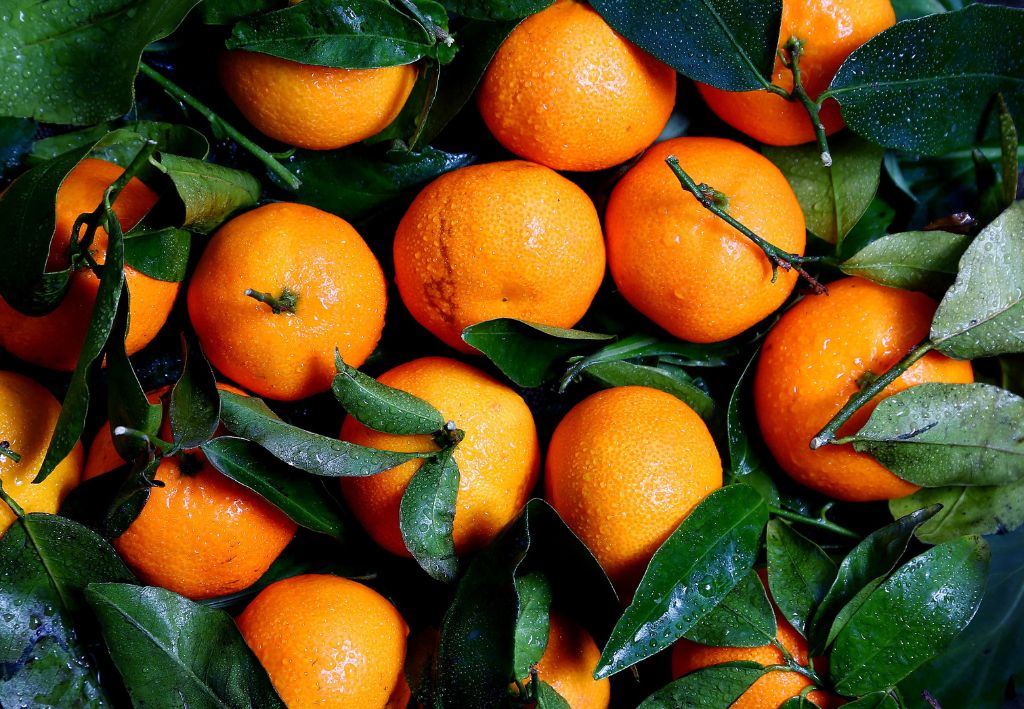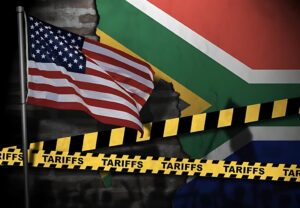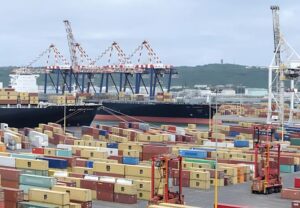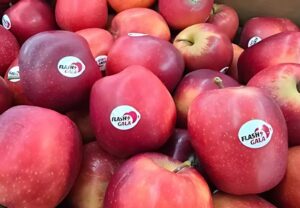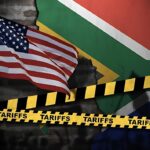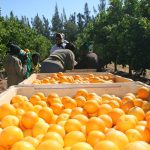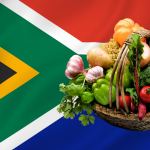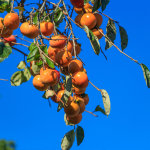Long-running citrus dispute could be resolved in the next year, if all goes well
The final process to resolve the dispute between South Africa and the European Union regarding citrus black spot (CBS) and false codling moth (FCM) seems to be gathering momentum.
Although sources have admitted that it could take between 12-16 months for a final solution is reached, recent developments suggest that the process is now moving forwards at pace.
At the end of July, South Africa requested the establishment of two panels at a meeting of the Dispute Settlement Body (DSB) of the World Trade Organization (WTO), to examine what, in South Africa’s view, are unscientific and discriminatory measures placed on citrus imported from South Africa by the EU.
At the same time, it was revealed that a significant number of countries have now taken sides, with several significant world players joining South Africa in the dispute.
Unconfirmed reports have said the US, China, India, Russia, Argentina, Uruguay, and African citrus producers such as Zimbabwe and Eswatini, have sided with South Africa.
Sources also said there was now great pressure for a compromise to be reached – indicating that if the EU measures were allowed to stand, it could decimate the trade of some African countries with the EU because it would be forced to impose the same measures on them.
“It could bring these countries to their knees,” one source said.
The measures introduced two years ago have not removed the risk for European producers in any way, sources said.
“Interceptions are really at a minimal and that suggests that South Africa’s systems approach is working extremely well.”
There are also unconfirmed reports that in recent days several strikes or complaints against South African consignments arriving in Europe have been withdraw.
The initial requests for the establishment of the WTO panels were made on 24 June and were not accepted by the EU. In line with the WTO Dispute Settlement Understanding, the second panel requests made on 26 July were automatically approved.
These WTO dispute settlement steps were taken to address the EU’s regulations on CBS and FCM, regulations that are being challenged by the South African government to protect the livelihoods of tens of thousands of people in the local citrus industry.
Currently, South African citrus growers have said they are spending billions of rands per year to comply with CBS and FCM measures that they claim are unscientific and unnecessarily restrictive, noting that the country already boasts an effective risk management system that ensures safe citrus exports.
South Africa’s Citrus Growers’ Association (CGA) said that emerging citrus growers were hit especially hard by such measures.
“The measures at issue affect not only South Africa but also other southern African countries that depend on SA’s infrastructure for their citrus fruit export,” the CGA added.

